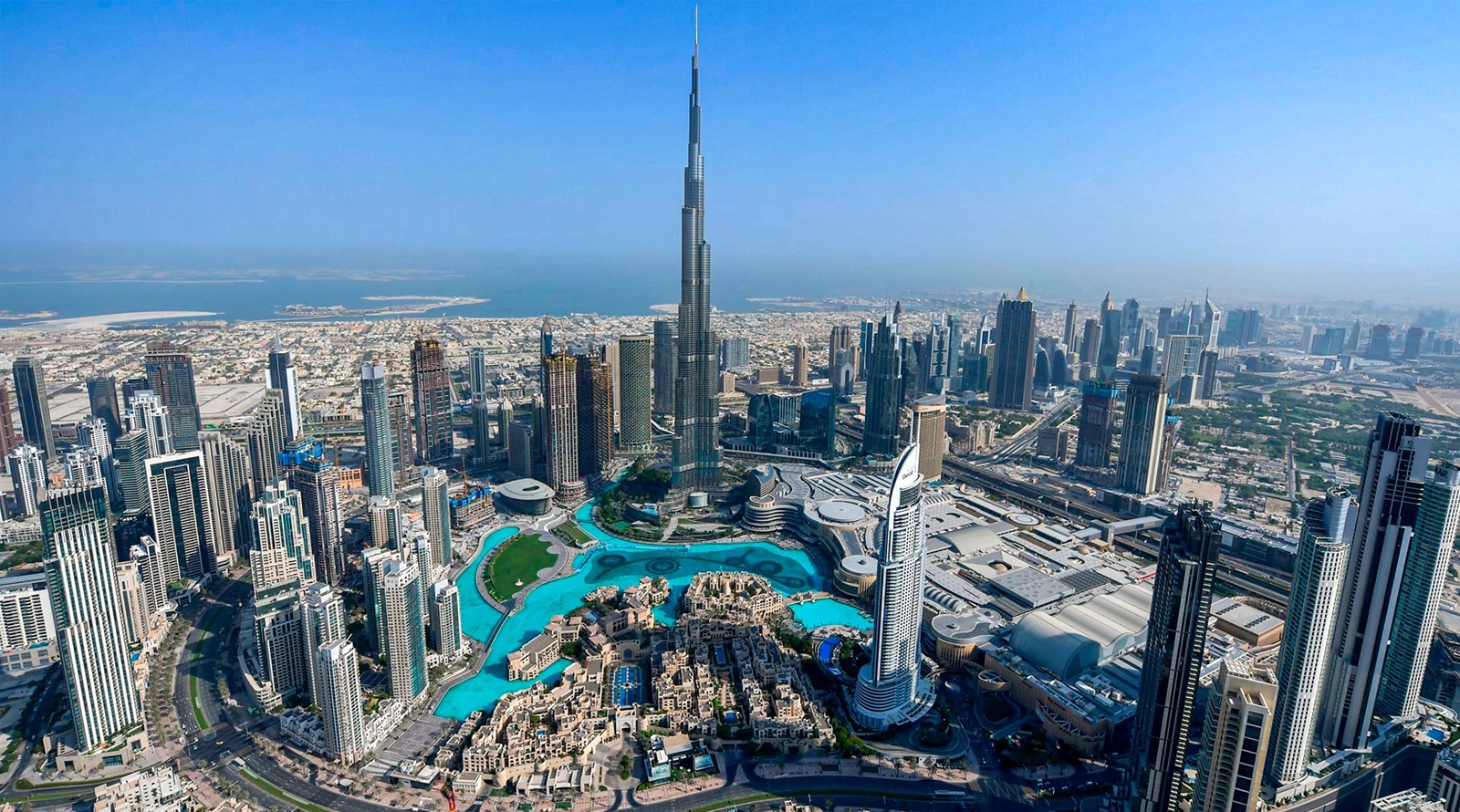Home » How UAE is Becoming a Global Logistics Hub: Opportunities for Businesses

Company
© 2025 Made in UAE with 

Pharmaceutical
Dangerous Goods Handling

Warehouse & Distributions Services

Customs Clerance
Land Freight

Sea Freight